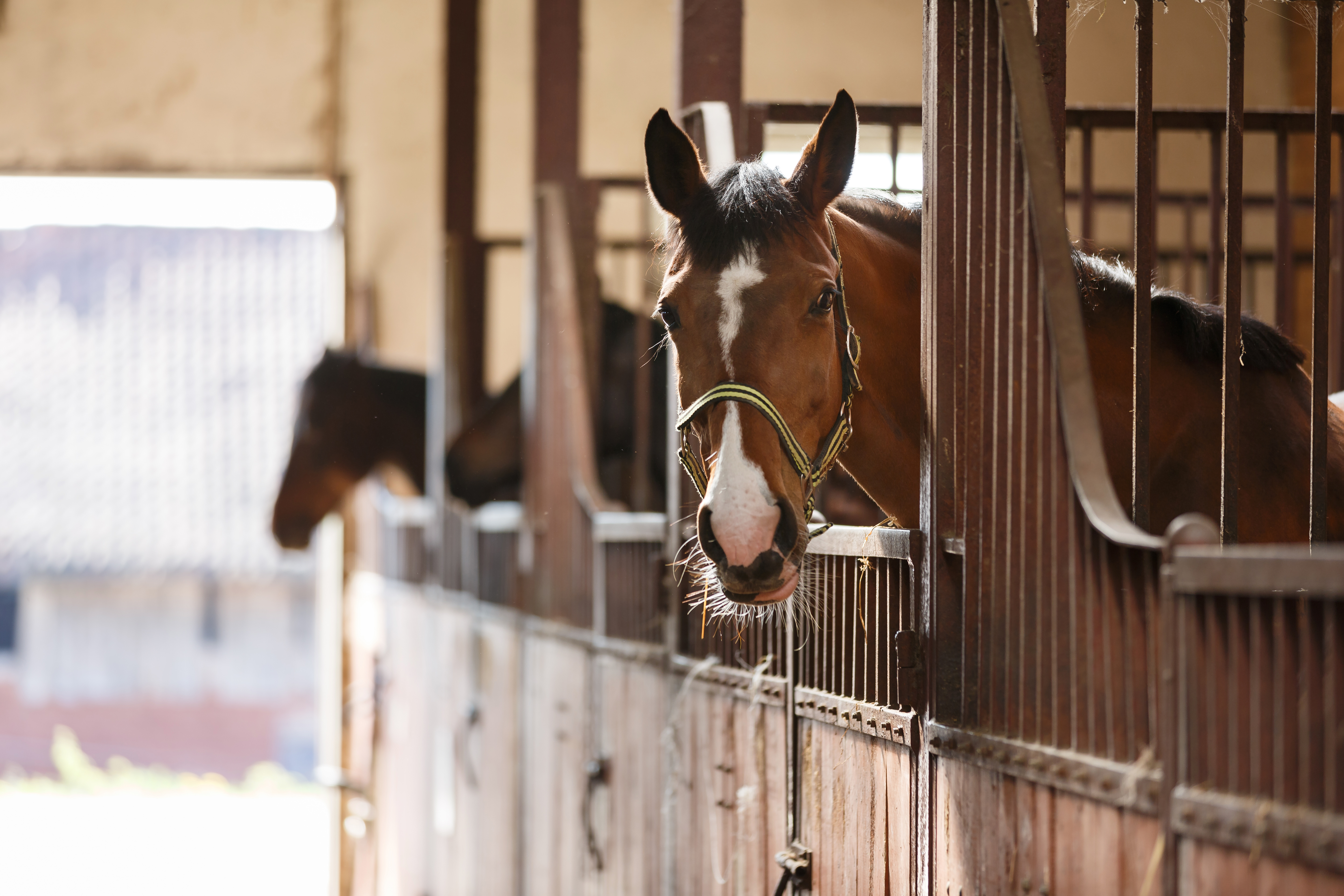
The cost of taking care of and boarding a horse can be quite expensive. If the owner of the horse isn’t up to date on his or her payments to a boarding facility, that facility could face serious financial issues as someone has to pay for the care of the horse. In some cases, a boarding facility can go out of business if it has too many late-paying clients. Think about it. A horse still needs the proper food and care, and those costs will fall on the facility if the owner refuses to pay. Additionally, the space used to board that horse could be used by another horse owner who pays on time. I
Luckily, a California horse facility does have a few tools available under the California legal system to ensure it does get paid. One such tool is an agister’s lien. An agister’s lien allows boarding facilities to collect payment on all board bills by essentially refusing to allow a client to remove the horse from the facility until all debts are satisfied. Every state has some form of an agister’s lien, but they vary greatly. In the state of California, you must follow California Civil Code Section 3080 very carefully to ensure you don’t face liability for conversion or negligence.
Remember, an agister’s lien involves the sale of another party’s property to satisfy a debt, so every requirement of the lien law must be met. This is why it’s very important to retain the services of an experienced equine lawyer in California who can guide you through the process. An equine lawyer in California can also provide equine legal solutions if the owner tries to take the horse from the facility before the debt is satisfied. Under agister’s lien law, a facility must keep the horse in order for the lien to be valid. However, certain circumstances, like actual theft, will not apply.
Agister’s Lien Requirement to Sell a Horse to Collect Payment on Debts
In order for a lien holder to begin the process of selling a horse to satisfy debts, he or she must first file a suit to sue the debtor for the unpaid debt. The lien holder can at any time ask the court for an order to allow for the sale of the horse or other livestock. The order must contain very specific information that is detailed in California lien laws. The court will a schedule a hearing on the application for the order, and it is up to the lien holder to provide the defendant with a copy of the application and the notice of the hearing. California is a judicial enforcing state, and a sale can only be completed through the courts. During the hearing, the court will ensure all conditions are met regarding the permitting of a sale:
- The statutory lien pertains to the debt and the lien holder is only selling the livestock to satisfy those debts
- The lien holder has itemized all costs and shown both the debt and lien are valid
- The lien holder can show that a sale is necessary to prevent the livestock from declining in value or to meet financial concerns the facility is facing as it continues to provide food and care for the livestock
- The lien holder is proposing a method of sale that is commercially reasonable
The equine attorneys at Catanese & Wells are available to answer all of your questions regarding an agister’s lien and other equine legal solutions. Contact us today to request a consultation.
